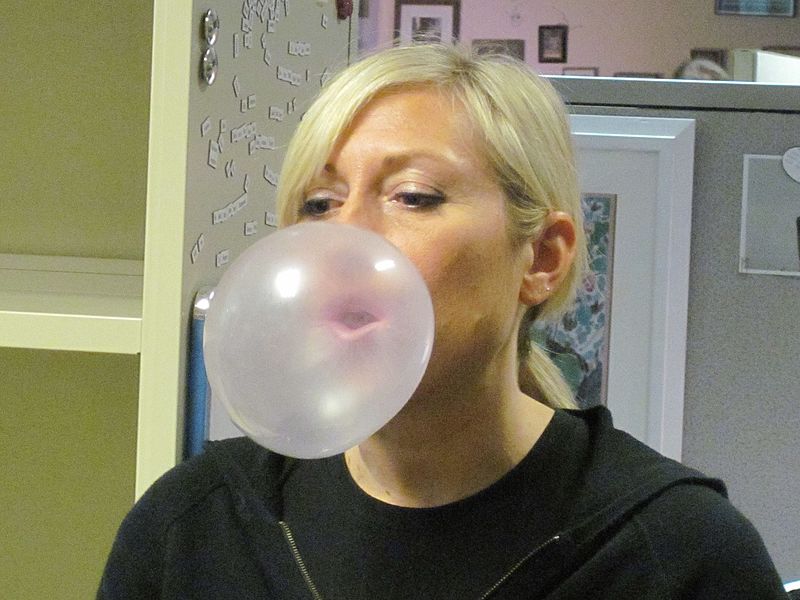7 things we don’t associate with the outdoors but could save your life

Most of the time survival experts tend to cite the use of the nature for one’s benefit in case one needs to survive the wilderness.
However, we normally carry (or should carry) a number of common things that could effectively help us a lot in emergency situations. Following is a short list of some common objects and their wide applications to the survival situations.
Chewing Gum
This is more of a technique to deceive your mind into thinking that you are actually consuming something, when you are simply chewing, much like cows and buffalos. A stick or two cannot fill you up like a roast turkey however it can suppress your appetite considerably while at the same time giving you much needed glucose intake. There are a number of chewing gum flavors in the market with added nutritious agents that could prove extremely helpful in a survival situation
Super Glue
Although not recommended in the normal situation, the Super Glue can literally save your life in case you have a wound that is pouring blood out of your system very fast. If you are somewhere where emergency medical supplies are scarce, you can definitely use super glue to bind your skin together effectively stitching your wound and at the same time protecting yourself against any infection that an open wound can cause.
Gunpowder
Perhaps the most known treatment to a bullet wound in a war situation, perpetuated by the Hollywood war movies, use of Gunpowder on an open wound is highly effective. Though excruciatingly painful the pouring of gunpowder on a wound and then lighting it effectively sterilize and Cauterize the wound saving one’s life in a situation of life and death.
Charcoal and Cheesecloth
In most of the cases of outdoor adventures, we tend to carry charcoal for the purposes to cooking food. However, charcoal has another crucial role to play in case you are stranded in a place where pure water is scarce. All you have to do is to line the bottom of the container with cheesecloth and then put charcoal on it and filter water through it. This will filter your water to a considerably safe level, and the charcoal can be later dried and used again for cooking your food.
Sanitary Pads
The sanitary pads had other purposes before it was popularized as feminine hygiene necessity. During the First World War, these sanitation pads were mostly used by the soldiers as bandages. During the war, nurses devised a new use for the stocks of the bandages and used them as sanitary pads. In the case of a wound one can use these pads to stop the blood immediately, and once used these pads can be used to kindle fire as these are made from the flammable material.
Vinegar
Vinegar possesses a variety of antibacterial and microbial applications that can treat inflammations, skin burns and other infections. Vinegar can be used in the wilderness to guise your odour in case your aim is to hide yourself from the wild predators. It is an effective cleaner that sanitizes the wounds and deodorizes the smells. If consumed orally after it is mixed in small quantity with water, Vinegar can help reduce upset stomachs and aches. Vinegar is highly effective on food poisoning as it removes any parasites from contaminated water and food that could cause severe diarrhea and vomiting.
Whistle and a Compact Mirror
You must always include a compact mirror or any shiny object tin your survival kit that could serve as a silent emergency beacon in case you need to deliver an SOS message to far off rescuers. The amazing thing about the compact mirror is that you can use them both in the day (using sunlight) and during the night utilizing the moonlight, it can even help you start a fire during the day. Although a shiny signal is good enough only for those who are actually looking in your direction, however, a whistle can certainly attract the attention of rescuers and can save your life in the wilderness.
